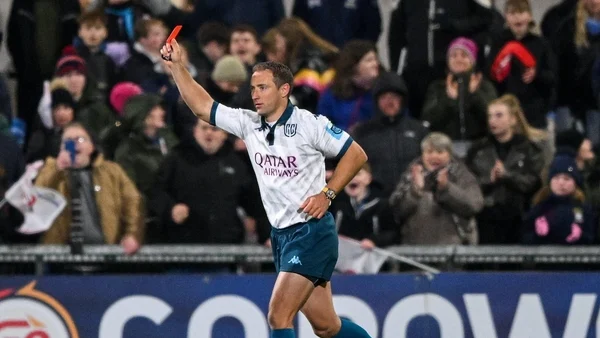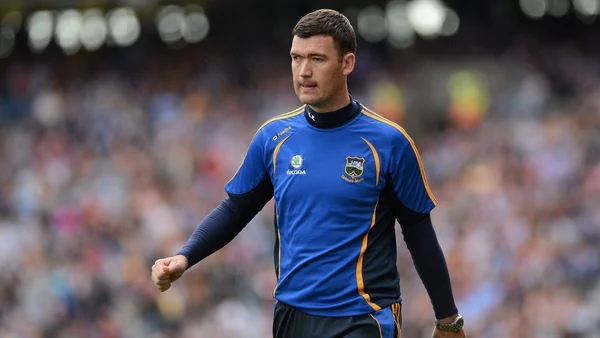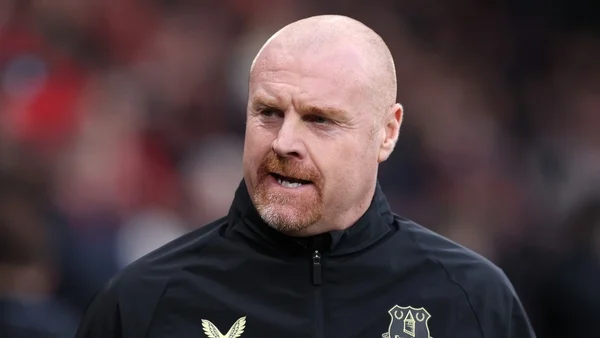The IRFU says it is still considering its position around the proposed trial of a 20-minute red card at elite levels of rugby.
A series of law changes are to be put forward for trials at a World Rugby Council meeting next month, with one of those being the controversial 20-minute red card.
Under the law variation, a red-carded player can be replaced by a substitute after a gap of 20 minutes.
Last week, World Rugby said the initiative was "supported for further elite game trialling after successful initial trials". It was previously trialed in the Pro14 Rainbow Cup in 2021, while this summer it was also used in closed trials at the Rugby Championship and World Rugby U20 Championship.
It comes after French rugby chiefs condemned the proposal saying it could encourage more aggressive play and expose players to greater risk of injury.
The French Rugby Federation (FFR), National Rugby League (LNR) and players' union (Provale) issued a joint statement on Monday making it clear that they would firmly oppose the move.
"The red card is an essential tool to deter dangerous behaviour on the field and guarantee the safety of our players," said FFR Vice-President Jean-Marc Lhermet.
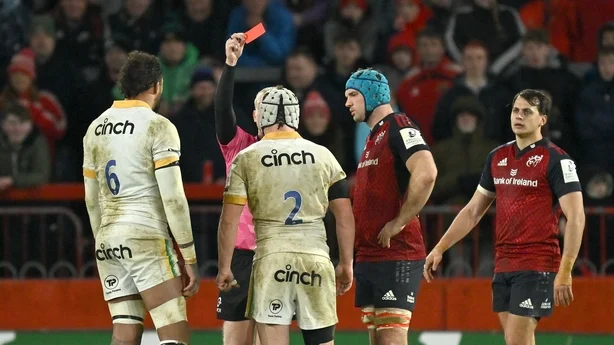
"Reducing this sanction to a temporary exclusion of 20 minutes would weaken our ability to protect the physical integrity of athletes and to maintain fair play, fundamental values of rugby.
"We call on World Rugby to reconsider this experiment, ensuring that any decision is based on concrete and convincing data, which is not the case today."
The statement said that the previous trials were unconvincing, pointing out that at one of the tournaments, the U20 world championships, only three red cards were issued.
Furthermore, the statement added, FFR statistics based on 480 French top flight and international matches showed that the team who had a player red-carded lost on only 60% of occasions.
"Reducing the duration of a red card to 20 minutes is a decision that has no solid statistical basis," said Lucien Simon, vice-president of LNR, who run the Top 14 and Pro D2 leagues.
"Indeed, no data justifies that this measure improves the safety of players or that it has a beneficial impact on the game."
Malik Hamadache, the president of Provale, said his concerns were about player welfare.
"This measure would reduce the severity of sanctions for serious misconduct, particularly those that endanger the health of players," said the former international prop.
"Player safety must remain a top priority, and any attempt to lessen the consequences of dangerous actions is unacceptable."
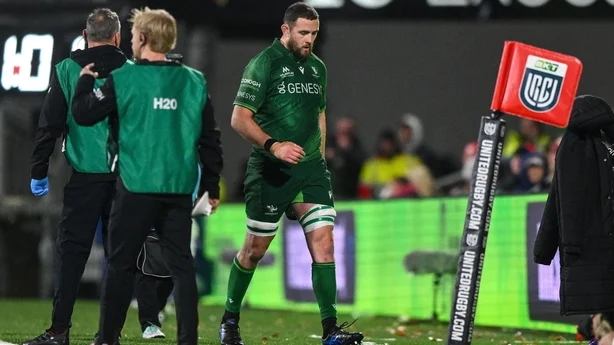
Meanwhile, Connacht head coach Pete Wilkins is taking a similar stance to the IRFU, as he stayed away from committing to an answer on the subject.
"I'm undecided to be honest, not meaning to sit on the fence," the Englishman said.
Connacht were the first of the Irish provinces to receive a red card in this season’s BKT United Rugby Championship, with Josh Murphy (above) sent off for a dangerous challenge on Ulster’s James McCormick in the 71st minute of their Interpro on Saturday.
"Fundamentally, I think a red card is a red card. I think the nature of them is that they’re generally deemed serious enough that they deserve the punishment of a team going down to 14 players for the game.
"I think what’s brought it more sharply into focus is obviously with the extra emphasis on tackle height and the lower threshold regarding the tolerance of dangerous tackles you’re getting more instances of potential red card scenarios.
"It’s not just as simple as the minutes players stay off the field, it’s how we’re interpreting different bits of the game in dangerous play in the air and tackle height issue. So, it’s a complex one and we’ll see how it plays out.
"I’m not quite sure what the neat solution is at this point," he added.
Additional reporting: Reuters
